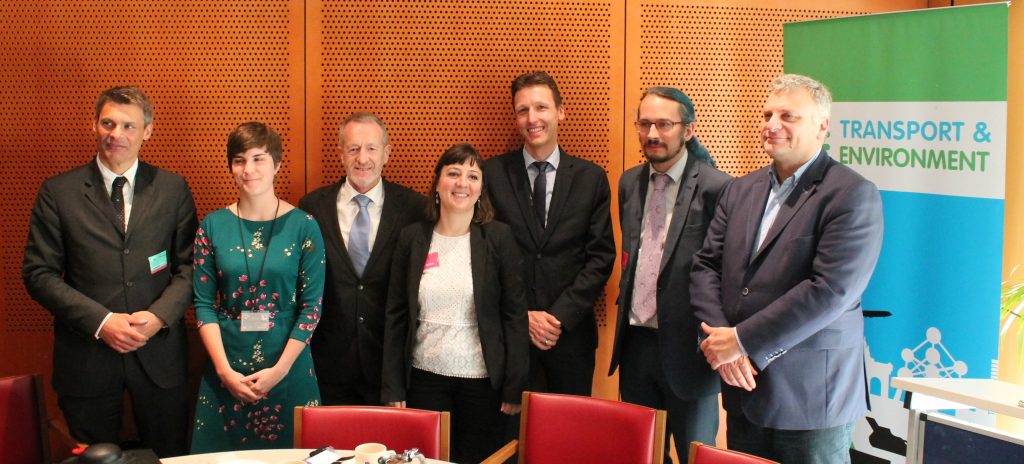Published: Thu, 24 May 2018
Share this

MEP for Ireland South and leader of Fine Gael in the European Parliament, Seán Kelly, has called for “a pragmatic approach to finding a compromise” as negotiations between the European Parliament and European Council gather pace on the 2030 Renewable Energy Directive.
Mr. Kelly who is leading negotiations for the European People’s Party (EPP) Group on the Renewable Energy Directive, a piece of legislation which sets out the 2030 renewable energy target and determines the sustainability criteria for transport biofuels, noted that a solution must be found that promotes the better performing biofuels.
The Parliament has voted to stop considering Palm Oil to be ‘renewable’ from 2021 onwards, a move welcomed by NGOs and farmers, but opposed by many in the biofuels industry and indeed by Palm Oil producing countries such as Indonesia and Malaysia.
Speaking at a debate he hosted in the European Parliament in Brussels today (Thursday), Mr. Kelly said:
“As EPP Group negotiator not only for the Renewable Energy Directive but also for the Free Trade Agreements with Indonesia and Malaysia, I am well aware that we must agree on a pragmatic, fair and legally sound text. There are clear concerns with our proposal from a trade perspective, but we must be honest and acknowledge that there is a clear sustainability concern with certain biofuels, and this is a point that cannot be ignored.
“We have voted to stop considering Palm Oil as renewable a strong mandate, and while the current formulation may be problematic from a lot of sides, the political message is clear – Parliament does not want to incentivise the worst performing biofuels under the 2030 Climate and Energy Framework.
“We are now searching for acceptable ways to address the sustainability concerns of certain biofuels and ensure that EU policies do not incentivise unsustainable practices elsewhere in the world, such as deforestation and peatland drainage.”
Mr. Kelly concluded by suggesting that a possible solution would be to incentivise the better-performing biofuels produced by European tillage farmers which do not have the same sustainability concerns as biofuels such as palm oil:
“To find a solution, I feel we should seek to take the financial support currently given to the worst performing biofuels and allocate instead to the more sustainable biofuels, such as those produced by European farmers. Such biofuels generate high value protein as a by-product that can be used for animal feed – at a time when we have a fodder shortage in Europe, this is surely a no-brainer as a means to decarbonising our transport sector”, he added.